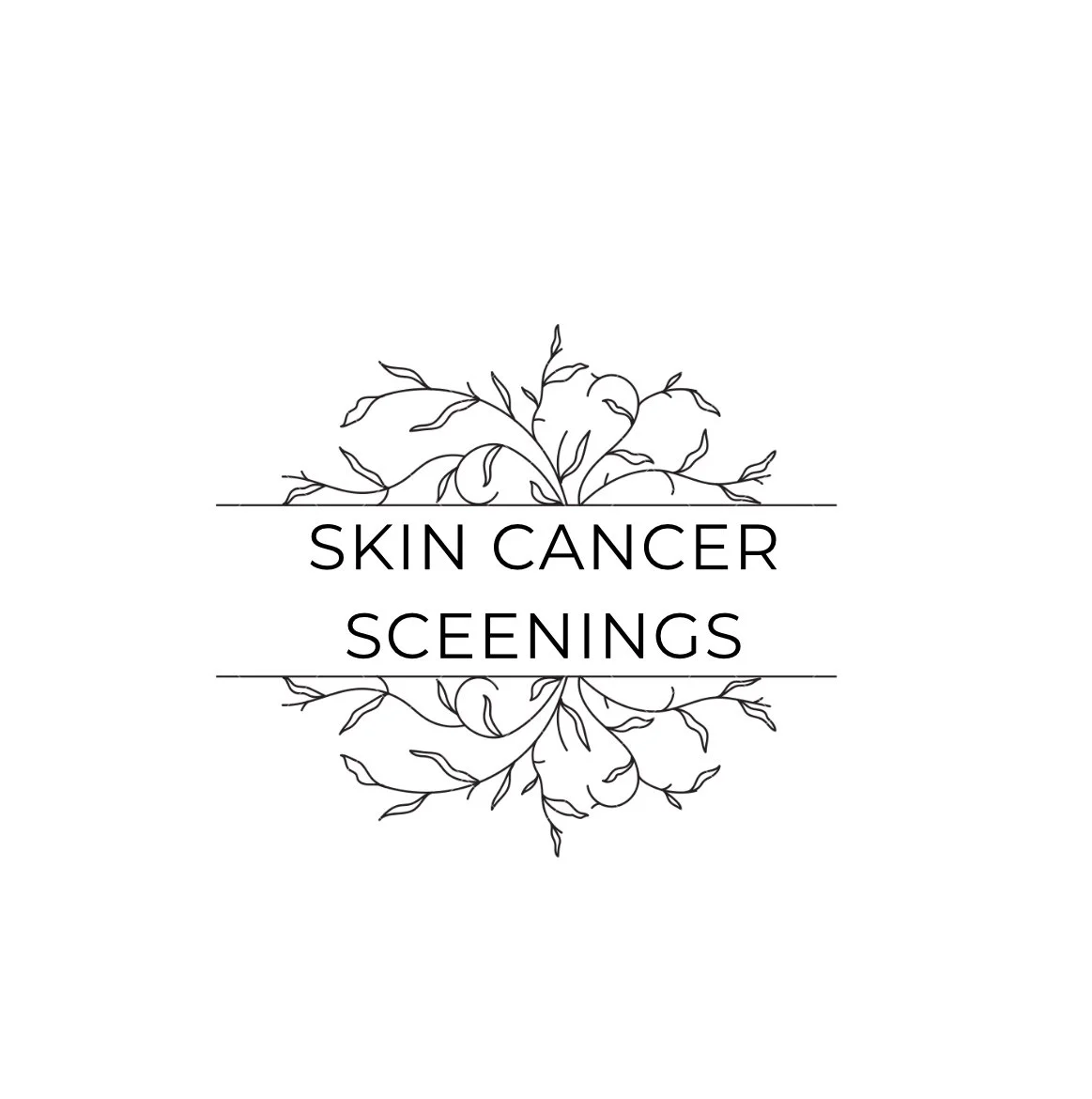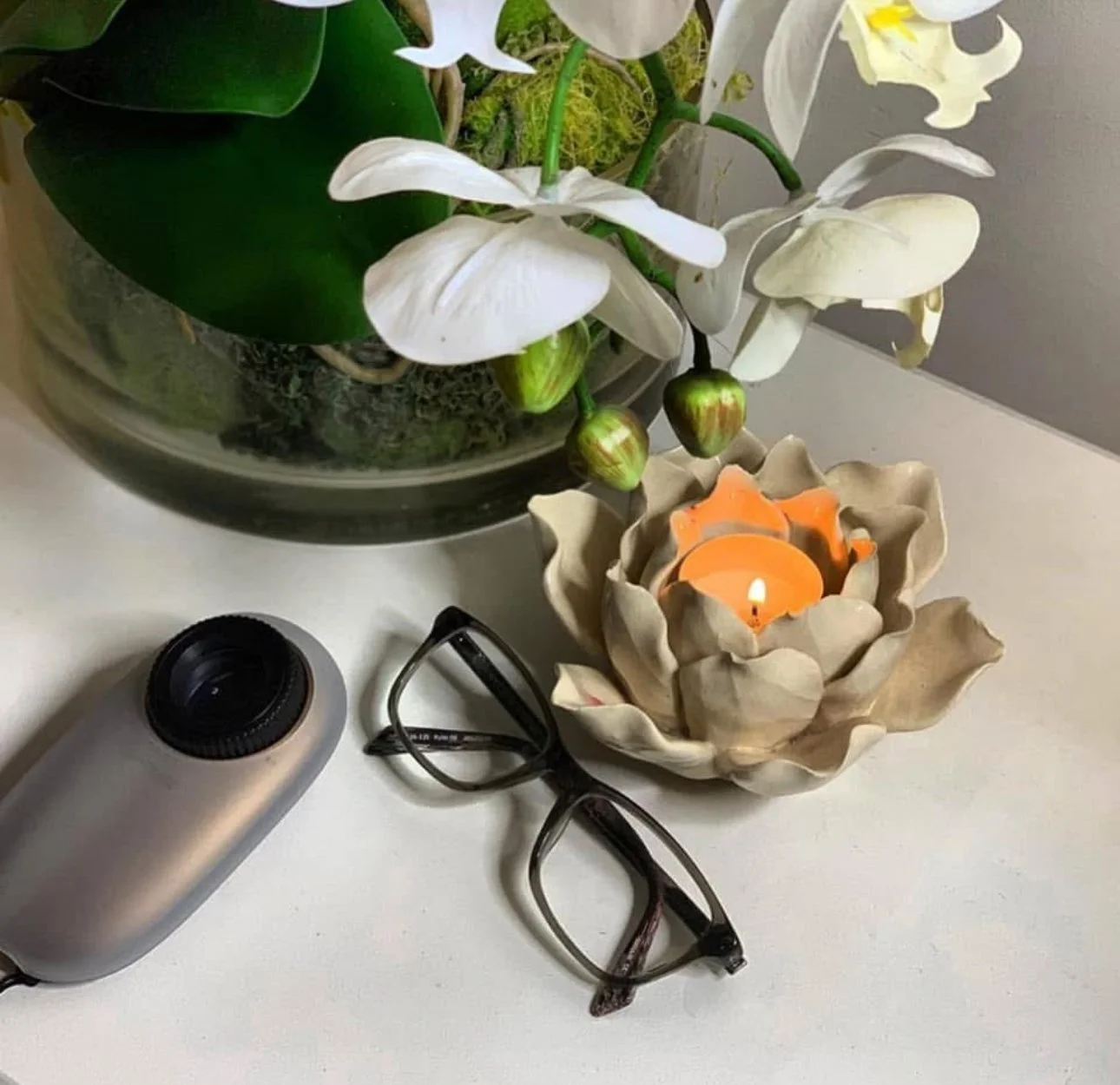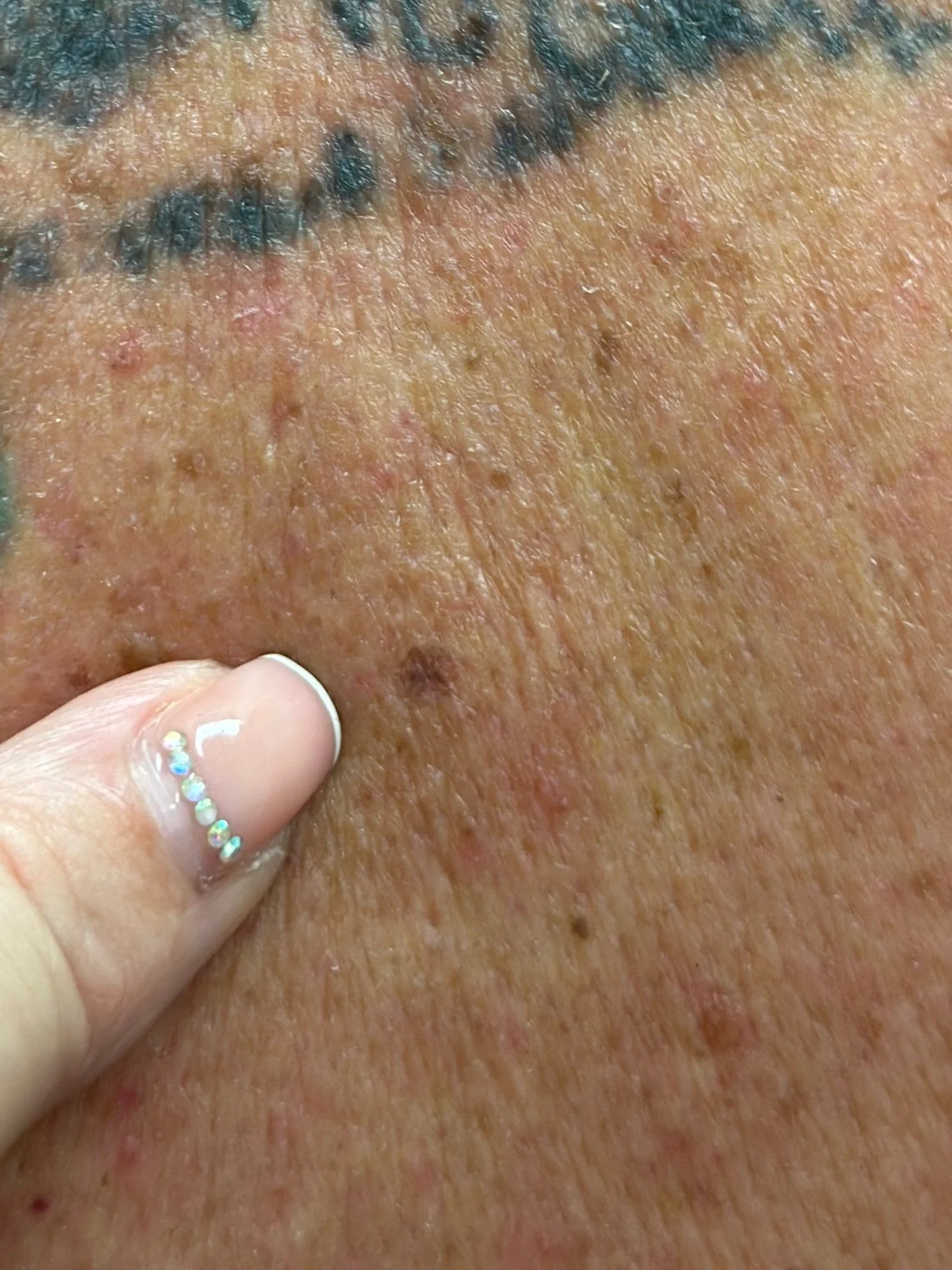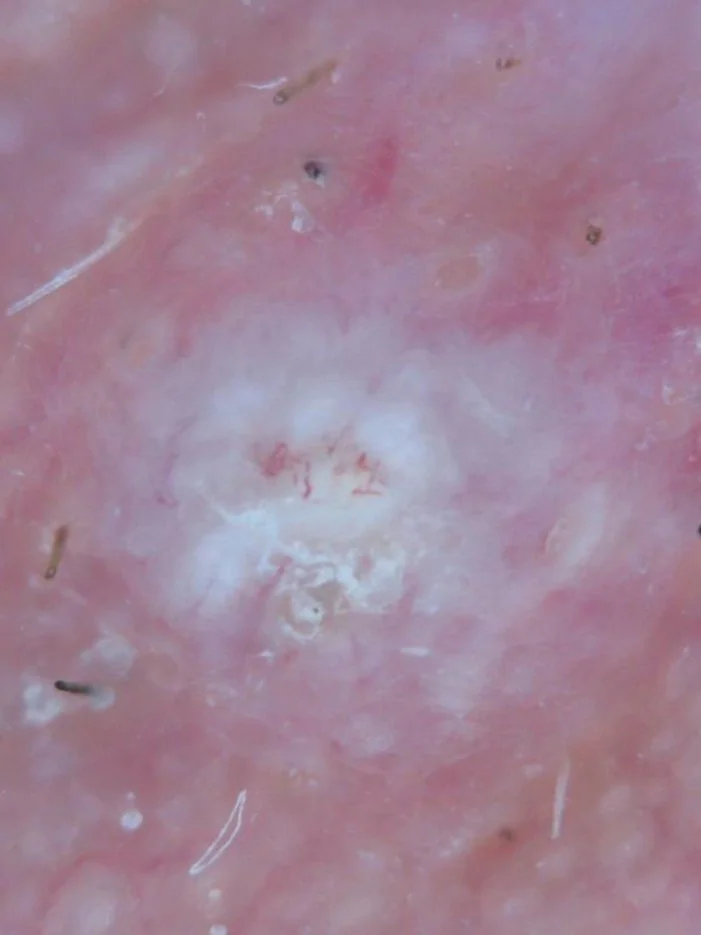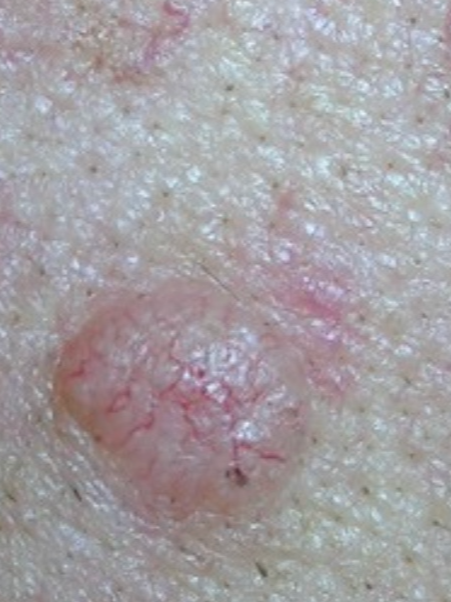Skin Cancer Screening
at
Younique Skin Clinic
Early detection saves lives.
At Younique Skin Clinic, we offer professional skin cancer screening performed by a highly experienced Registered Nurse and qualified Dermatoscopist. With a strong foundation in clinical care and years of nursing experience, our practitioner brings both skill and compassion to every appointment — offering thorough, respectful, and expert-level screening for melanoma and other common skin cancers.
✦ Trusted Screening by an Experienced Registered Nurse
Our Dermatoscopist is a Registered Nurse with many years of clinical experience, with post graduate qualifications in dermatoscopy.
The use of a dermatscope is a non-invasive technique that allows for the early detection of suspicious moles, lesions, and skin changes. This advanced visual tool improves accuracy and helps identify potential skin cancers long before they become visible to the naked eye.
✦ Why Annual Skin Checks Matter
Australia has one of the highest rates of skin cancer in the world. Two out of three people will develop some form of skin cancer before age 70years. Early detection is key to effective treatment — and a yearly skin check with a qualified professional can make all the difference.
We recommend yearly skin checks for all adults and more frequent screenings for those with:
A personal or family history of skin cancer
Fair or sun-damaged skin
A history of excessive sun or solarium use
A large number of moles or freckles
Previous skin biopsies or removals
Where do skin cancers start?
Most skin cancers start in the top layer of skin, called the epidermis. There are 3 main types of cells in this layer:
Squamous cells: These are flat cells in the upper (outer) part of the epidermis, which are constantly shed as new ones form. When these cells grow out of control, they can develop into squamous cell skin cancer (also called squamous cell carcinoma).
Basal cells: These cells are in the lower part of the epidermis, called the basal cell layer. These cells constantly divide to form new cells to replace the squamous cells that wear off the skin’s surface. As these cells move up in the epidermis, they get flatter, eventually becoming squamous cells. Skin cancers that start in the basal cell layer are called basal cell skin cancers or basal cell carcinomas.
Melanocytes: These cells make the brown pigment called melanin, which gives the skin its tan or brown colour. Melanin acts as the body’s natural sunscreen, protecting the deeper layers of the skin from some of the harmful effects of the sun. Melanoma skin cancer starts in these cells.
The epidermis is separated from the deeper layers of skin (the dermis and the subcutis) by a thin layer of tissue known as the basement membrane. When a skin cancer becomes more advanced, it generally grows through this barrier and into the deeper layers.
You can see the layers of the skin cells as to where skin cancers begin and their names originate.
✦ Types of Skin Cancer We Screen For
Melanoma
The most serious form of skin cancer, melanoma can spread rapidly if left untreated. It may appear as a new mole or a change in an existing spot — particularly if it's dark, irregular in shape, or changing in size. Early detection dramatically improves outcomes.
The subtleness of melanoma
How this lesion appears under dermatoscope
Squamous Cell Carcinoma (SCC)
SCCs often develop on sun-exposed areas like the face, ears, scalp, and hands. They may appear as scaly patches, open sores, or rough, red growths and can spread if not treated early.
Basal Cell Carcinoma (BCC)
The most common — and least aggressive — form of skin cancer, BCCs usually appear as shiny, pearly nodules or red patches. While they don’t often spread, they can grow deep and cause significant local tissue damage if untreated.
Nodular BCC
Pigmented BCC
✦ What to Expect at Your Appointment
Your screening appointment will be relaxed, private, and informative. We take time to listen, assess, and provide clarity — without any pressure.
Previous Skin history taken
Full-body dermatoscopic skin examination
Documentation/ photos of lesions or moles of concern
Immediate feedback and recommendations
Referral to a GP, dermatologist, or skin cancer specialist if required
Education on how to monitor your skin between visits
✦ Personalised, Boutique Care
At Younique Skin Clinic, your health is in the hands of a seasoned clinical professional who treats every client with care and thorough attention. Our boutique setting allows for private, unrushed appointments, giving you the time and support you deserve. You’ll leave with peace of mind and a plan in place — whether that’s ongoing monitoring or referral for further care.
Please note: This is a clinical screening service. Any suspicious findings will be referred to your GP, dermatologist, or skin cancer specialist for diagnosis, biopsy, or treatment as needed.
Book an appointment →
Take a proactive approach to your skin health. Book your annual screening with our experienced Dermatoscopist today — early detection could save your life.

